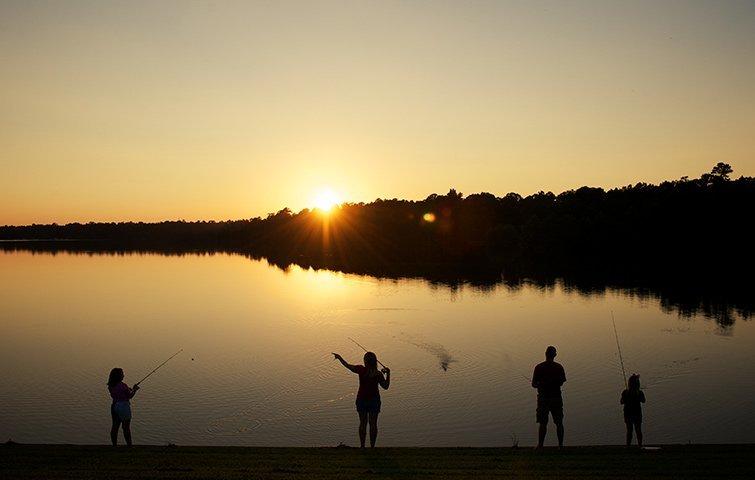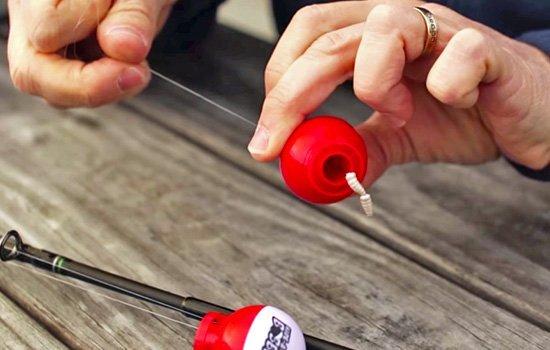A weekend camping trip on the lake is the perfect formula for spending quality time with family and friends—but it can also be the perfect formula for disaster. The peaceful serenity that comes with open water, blue skies, and a cool breeze, brings with it muddy catastrophes, foreign bugs, and a water-logged cellphone drifting down shore. We've pulled together 4 tips that will help prepare you for your next camping trip. These tips will help you make smarter decisions as you're setting up camp, and can help ensure that your next trip is easy and drama-free.
1. Beware the Bugs
If there is a drawback to lake camping, it's that standing water can be home to all kinds of insects and bugs. Mosquitoes, in particular, thrive in still water, but they're not the only pests looking to get a little bite of you. Camping a short distance from the water is a quick fix. Finding a place that has a bit of a rise to it is going to be ideal because there will be fewer bugs in this area. If you camp right next to the lake, packing tools such as Citronella torches can be helpful.
2. Find the Best Water
Water, water, and more water! Water everywhere…but not a drop to drink, unless you bring a filter! No matter how pristine the lake water looks, you should always filter or treat it with a UV purifier to remove bacteria, protozoa, and other contaminants that can make you sick. Get your water from moving streams that flow in or out of the lake if you can. Moving streams have less particulate and biological matter that tends to accumulate around the edge of any lake. If you have to take your water straight from the lake, either wade out as deep as you can or use a water filter with a long intake hose that you can toss further out into the lake. The more you filter it, the better it will be for you.
3. Find Shelter from the Wind
If you're going camping in the summer, you might want to consider how strong the wind can get in your area. When you are lake camping, you want to find a place that has some shelter from the wind. Wind blowing off the water is going to be rather cool, even in the summer, and you're going to want to have your back to it as often as possible. You might have to set up and tear down your campsite a couple times, but it will be worth it once you find the perfect setup.
4. Stay Organized
Making sure you're organized is key to any type of camping, but if you're dealing with the possibility of things actually washing away, it's even more important. Packing things up when you're done using them is the best way to make sure you're leaving with everything you arrived with, especially if you're camping with a large group. Bringing a piece of luggage that has many pockets works well, but take care to know that it could get messed up if it rains or magically walks into the lake (funny how those things happen). Packing your things in big plastic storage tubs is always a great solution that will help protect your things from water and bugs. And of course, bring a lot of plastic bags to store things you don't want to get wet!


